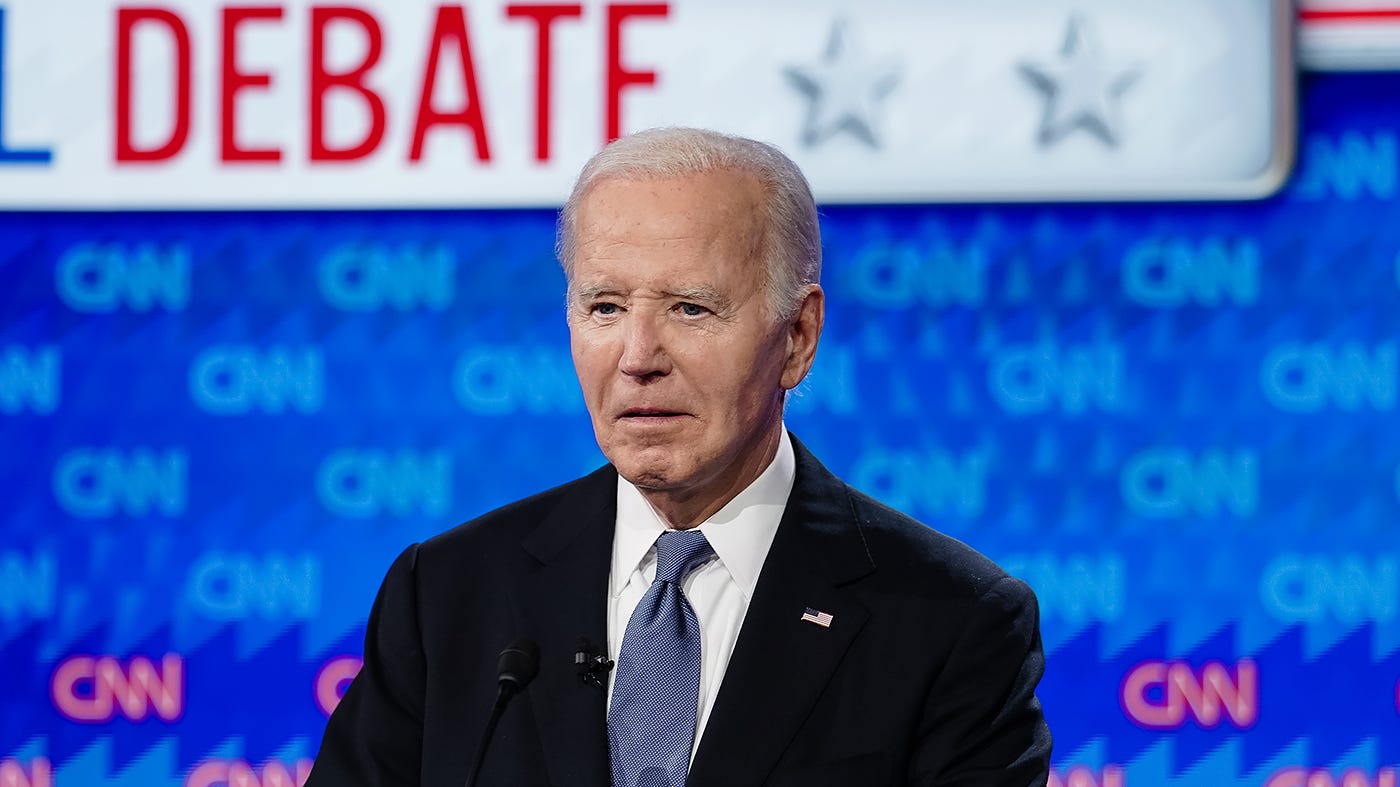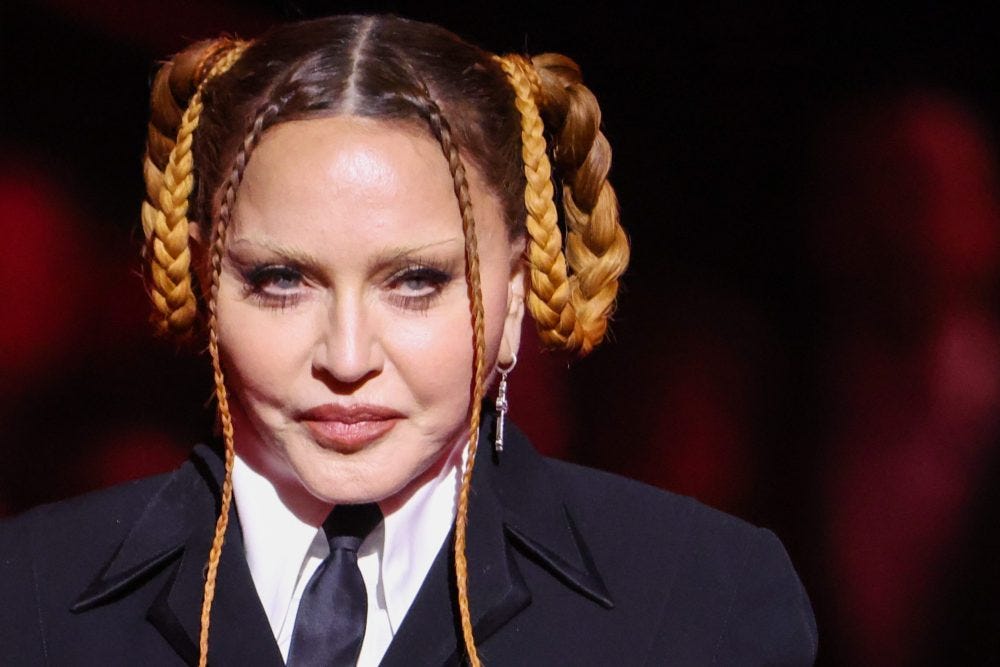First off, a perhaps-too-familiar apology for not posting recently. After an inspired writing spell in the Spring (mostly on Medium), I felt the need for a break from writing: to promote, follow-up, and engage with the stuff I wrote, to see if any of it would lead to new personal and professional pathways. My break from writing corresponded with my recovery from a hamstring injury, and I replaced my intellectual writing workouts with running ones, knowing the latter always supports the former. Yet despite my time-tested, diligently-applied, mental and physical stratagems for finding inspiration, I can’t seen to shake an overwhelming sense of dread. I sense death everywhere, even though the masses are pretending that’s not so. This death is not a peaceful one. There is no closure or fondness for times past. The death overtaking the world is a violent protracted one, filled with unkept promises and Botox-filled pretensions of immortality.
Buddhists believe in reincarnation. Attaining an auspicious rebirth hinges on our moments of death. Will we be ready in that moment for the inevitable physical deaths of our current incarnations? Will we be at peace with how we lived and who we were for others? Will we be complete with this life such that we can consciously move onto the next one? Or will we cling to our outgoing lives, terrified and regretful of all the things we did or didn’t do? Will we leave countless unpaid bills (aka negative karma impacts) left for our future selves to reconcile?
If this all seems like a prelude to chiming in about last week’s presidential debate, you would not be completely mistaken. Besides the fictional movie Weekend at Bernie’s, I have never seen a more exaggerated denial of death than those who continue to support Joe Biden in spite of his obvious mental and physical deterioration. For years now, Biden has been mumbling and stumbling across the globe pretending to be a world leader while his supporters proclaimed his competence, coherence, and youthful vigor. But Biden’s one-step-in-the-grave performance at last week’s debate did much to mute these supporters.
Biden is but a symbol of a generational denial of death. The list of last gaspers goes on and on: Nancy Pelosi, Warren Buffett, Robert DeNiro, Mick Jagger, Madonna, and many others. Usually born between 1940-1960, these people lived in a brief historical era of unprecedented, unsustainable economic and material abundance. They bought low and sold high. They have pensions and summer homes. They fucked around and did drugs with minimal consequences. They filled arenas, movie theaters, and landfills, becoming unreasonably rich and powerful in the process. They forsook the earth’s beauty and abundance —and the material security of future generations —for personal gain. Now, at the end of their lives, they are discomfited by their likely legacies. Their deathgrip on economic and political power is their one last chance to make good —to pass that one meaningful bill, to make that one perfect movie, to fill one last stadium. But no matter how hard they try to assert their youthful potency, everything comes out as death.
A couple weeks ago, I listened to a beautiful interview on Tim Ferriss’ podcast with Dr. BJ Miller, a palliative care physician at Zen Hospice Project in San Francisco. Having watched my father die of lung cancer, I’m only too familiar with palliative and hospice care. Miller explains how the Zen Hospice Project merges hospice care with the Zen ideology, creating an environment that’s supportive of the end-of-life peace Buddhists strive for. Miller contrasts this to the “typical hospital death [which] is in a more sterile room usually lined with a bunch of machinery and all the sounds and lights emitted” —places, Miller remarks, that are “not really designed to help you die well.”
The Cancer of Success
Yesterday’s remembrance of my father focused on his many wonderful qualities, and indeed he was a preternaturally noble man, achieving acclaim as a businessman and activist and reasonable worldly success. Most remember him a…
For it is in giving that we receive,
it is in pardoning that we are pardoned,
and it is in dying that we are born to eternal life.
—Saint Francis of Assisi
But to those who deny death, those who cling to their former capabilities and accumulated wealth, those who cannot see beyond the borders of their present age and incarnation —to them, there is no way to “die well.” To them, death is the end, it’s bad, and contrary to what Saint Francis and the Buddha said, it’s when we lose our power.
The sort of secret is that paying attention to the fact that you die can help you live a lot better.
—Dr. BJ Miller
Until we as a species continue to value the material and temporal over the spiritual and eternal, death rattling like the kind Biden emitted the other night will stay on repeat, forestalling death’s inevitability along with the opportunity for new life.
I'm Dying
I think about death a lot. I wouldn’t say I have experienced death more than most, but my exposure has been sufficient to appreciate death’s gravity and inevitability. Watching my father’s protracted battle with lung cancer was an especially illuminating lesson in endings (and beginnings, as my first son was born nine days later). My final image of my d…





